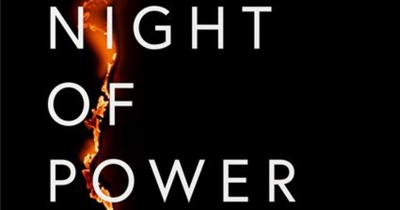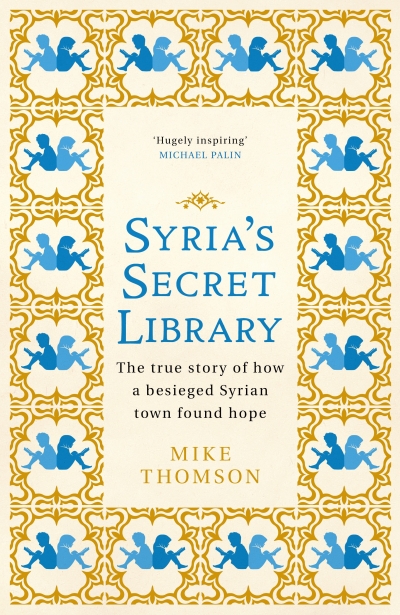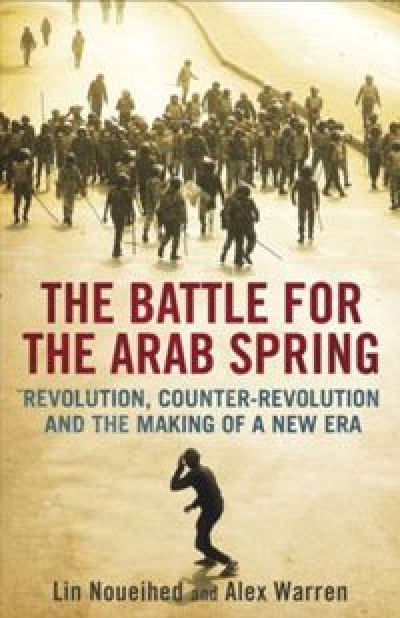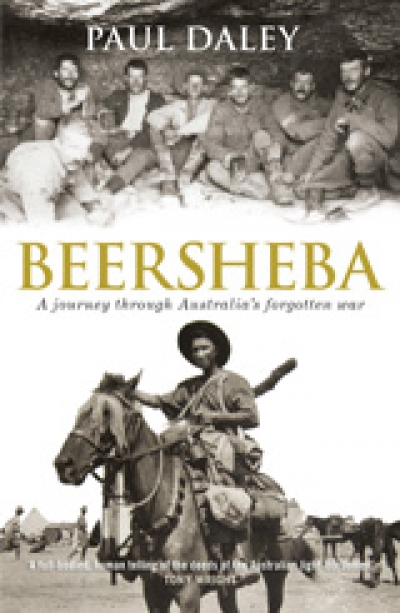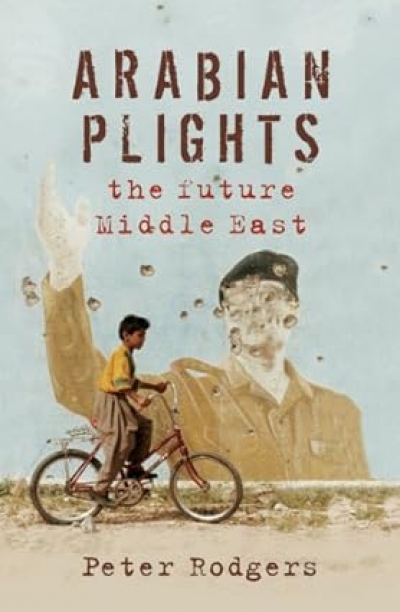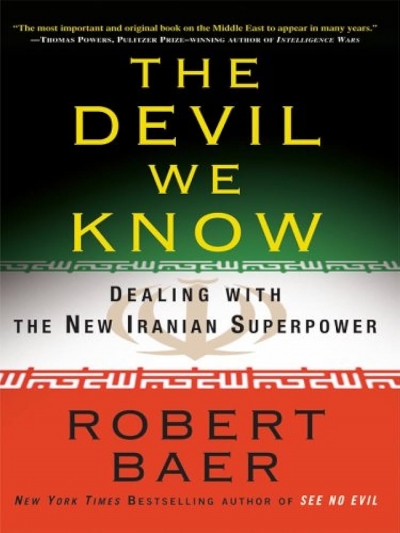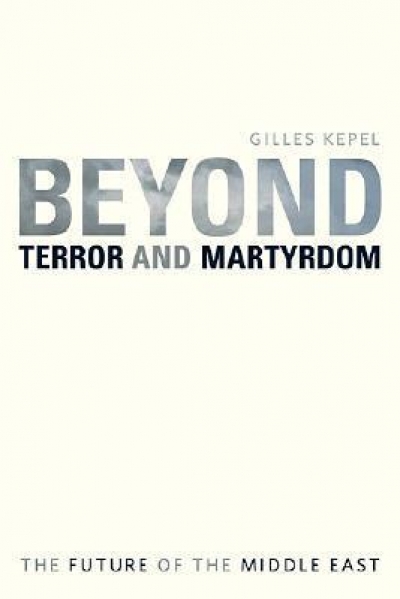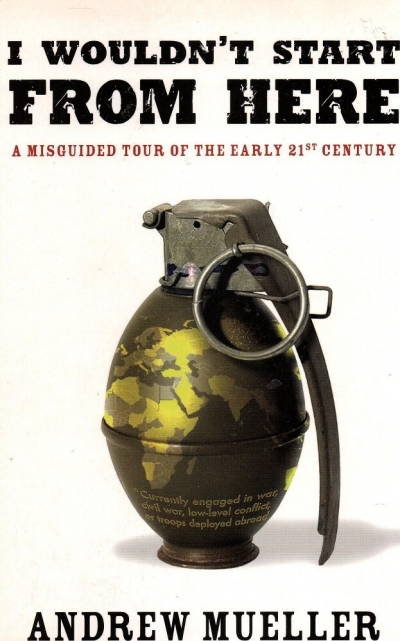Middle East
Night of Power: The betrayal of the Middle East by Robert Fisk
by Ian Parmeter •
Syria’s Secret Library: Reading and redemption in a town under siege by Mike Thomson
by Beejay Silcox •
The Battle for the Arab Spring: Revolution, Counter-Revolution and the Making of a New Era by Lin Noueihed and Alex Warren & Libya: The Rise and Fall of Qaddafi by Alison Pargeter
by Peter Rodgers •
Arab France: Islam and the Making of Modern Europe, 1798–1831 by Ian Coller
by Robert Aldrich •
Beersheba: A journey through Australia’s forgotten war by Paul Daley
by Robin Prior •
Innocent Abroad: An intimate account of American peace diplomacy in the Middle East by Martin Indyk
by Jonathan Pearlman •
The Devil We Know: Dealing with the new Iranian superpower by Robert Baer
by Richard Broinowski •
Beyond Terror and Martyrdom: The Future of the Middle East by Gilles Kepel
by Shahram Akbarzadeh •
I Wouldn't Start From Here: A Misguided tour of the early 21st century by Andrew Mueller
by Dan Toner •

